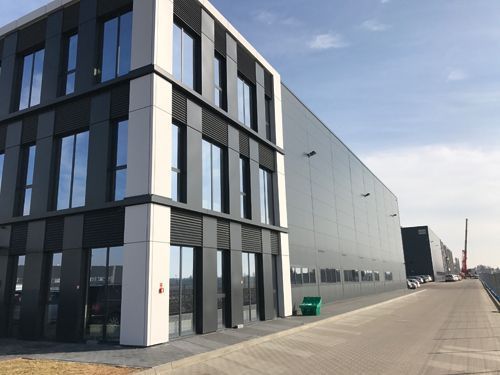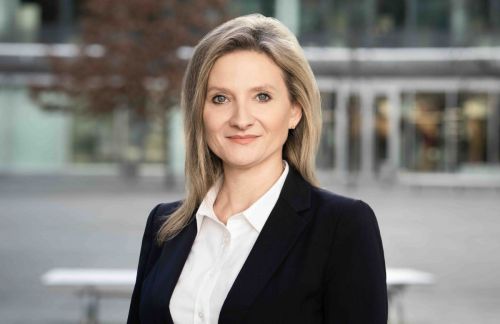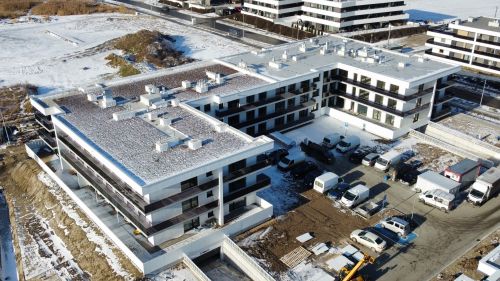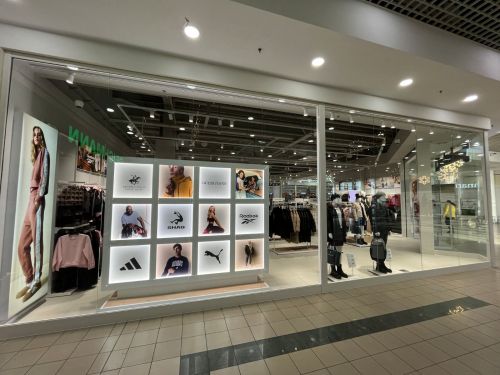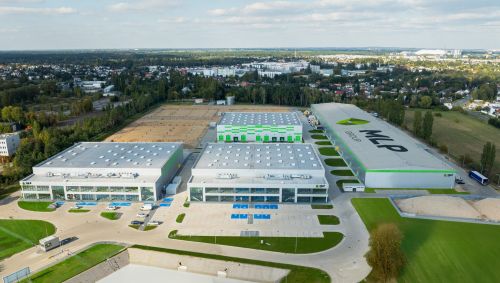“For warehouse centres we can boldly talk about a changing role. Nowadays, they no longer resemble former industrial buildings; there are now logistic parks with round-the-clock security, well tended green areas surrounding the buildings, beautiful façades which are the envy of quite a few office buildings in city centres. This is exactly why we’ve been seeing a clear trend of companies moving their headquarters to offices in logistics centres. And it is also because of the much more attractive rent rates compared to the city centre,” says Anita Pietrykowska, the marketing and communication director at Panattoni Europe.
An office to match
According to Panattoni, office and social space in their warehouse centres is normally around 800 sqm depending on the total area of the building and the tenant’s demand. In some centres it even exceeds 2,000 sqm. Tenants such as Orsay, Neuca, Tesco and H&M all lease such space with Panattoni. On the request of a t
